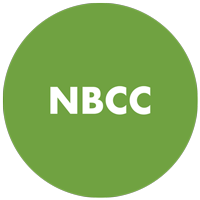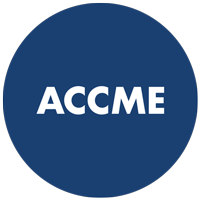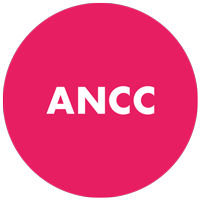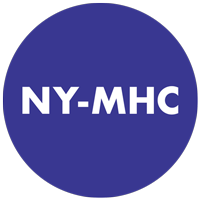Back
Children, Adolescents and Young Adults
A7 - Lifting Voices for Meaningful, Actionable Change: Insights From Navigating the Children’s System of Care
Monday, April 15, 2024
10:30 AM – 11:30 AM CT
Location: 132, Level 1, ACCC
.jpg)
Heidi Arthur, LMSW (she/her/hers)
Principal
Health Management Associates
New York , New York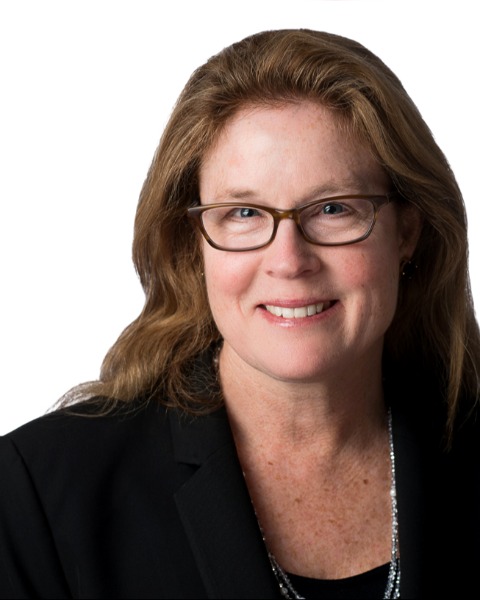
Ellen Breslin, MPP (she/her/hers)
Principal
Health Management Associates
Newton, Massachusetts
Workshop Presenter(s)
This session’s presenters are parents whose children's serious behavioral health challenges highlighted the very issues each works to address in their roles as advisors to state government. They will link best practices for comprehensive children's behavioral health, child welfare and school-based service delivery to findings from their survey, focus groups and key informant interviews with other parents/caregivers and their youth/young adults who have experienced multiple suicide attempts, overdoses and an array of interventions related to complex behavioral health conditions during childhood and adolescence. Dialogue with attendees will help inform state-level systems transformation to keep kids alive and help them thrive.
Learning Objectives:
- Associate siloed systems (behavioral health, child welfare, juvenile justice, Medicaid and education) to the challenging lived experiences of youth and young adults, their families and the professionals attempting to help them.
- Apply transformation efforts (such as systems of care and wraparound, special needs plans for children, school-based mental health clinics and evidence-based in-home interventions) to the specific real-life experiences of parents and youth in their own personal network and/or the work they do within the behavioral health care delivery system.
- Recognize the critical importance of youth and family input and real-world experience as states work to expand access to effective best practices and advance equity, parity and innovations to promote recovery for children, youth and young adults with mental health and substance use conditions.
- Collaborate with the presenters to inform actionable change in national, state, local policies, programs, and practices. Opportunities will be identified that take care “beyond the code book” and “outside of the clinic walls” to truly respond to what children, youth, and their families want and need.




